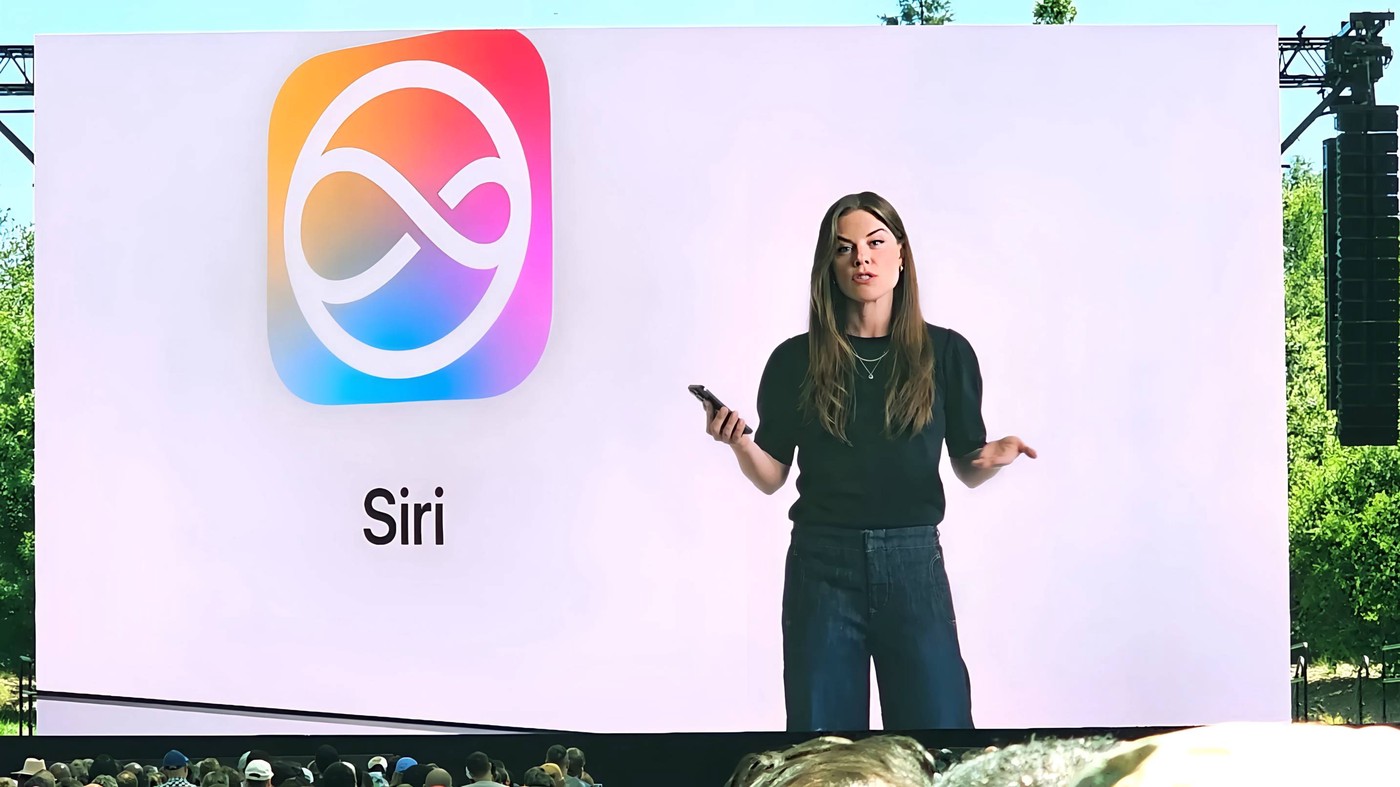It has been nearly a year and a half since Apple first teased Apple Intelligence, the company’s ambitious step into generative AI, and its most personal product yet a smarter Siri. Apple claimed Siri would soon understand context, perform multi-step actions, and even interact naturally across apps. But as 2026 draws near, the wait continues.
Apple says the work is on track. During a recent earnings call, Apple CEO Tim Cook reiterated that the upgraded Siri will arrive next year, promising significant progress. Behind the scenes, Apple has been reshuffling its AI teams, reportedly moving John Giannandrea to another division and placing new leadership under Craig Federighi. Despite these changes, it’s becoming clear that the development of Apple Intelligence has been more complex than expected.
The growing competition in AI

While Apple’s pace has slowed, competitors are surging ahead. OpenAI, Google, Perplexity, and Amazon are all rolling out advanced AI tools that can write, draw, chat, and even generate video in real time. These platforms are already being used by millions worldwide, and consumers are rapidly adopting them.
At home, users are mixing and matching platforms — switching between ChatGPT for summaries and Gemini for faster, more visual tasks. In this race, Apple’s absence feels louder than ever.
Why Apple might need Gemini
Recent rumors suggest that Apple is considering integrating Google’s Gemini model — reportedly boasting up to 1.2 trillion parameters — into Siri. While neither Apple nor Google has confirmed the partnership, Bloomberg’s Mark Gurman has hinted that Apple could be exploring Gemini to power its future AI experiences.
Apple already has deep ties with Google. The search giant pays Apple billions annually to remain the default search engine in Safari. Gemini integration could extend that relationship into the AI realm, giving Siri the raw power it has long lacked.
This partnership could also help Apple avoid the pitfalls of overreliance on OpenAI. Although ChatGPT is accessible through Siri, it is not natively integrated — it behaves more like an external plugin than an actual part of the Apple ecosystem. Gemini, on the other hand, could be built directly into Siri’s foundation, enabling true on-device and cloud-based intelligence.
What a Gemini-powered Siri could look like
If Apple moves forward with a Gemini-powered Siri, it would represent a complete transformation under the hood. The interface might look the same, but its brain would be entirely new. The upgraded Siri could finally deliver natural conversations, contextual understanding, and faster responses.
Think of it as Apple’s version of Microsoft’s Copilot — an AI assistant powered by a third-party model but seamlessly integrated into the system. Siri could pull data from apps, summarize messages, and even plan tasks with precision. More importantly, it would finally meet the expectations Apple set when it introduced Apple Intelligence.
While this shift might feel like a setback for Apple’s internal AI ambitions, it could also be the company’s smartest move yet. Instead of lagging behind, Apple could use Google’s proven model to deliver a world-class voice assistant to its users — something that actually works as promised.
The bigger picture
This rumored partnership highlights a larger truth about the AI industry: collaboration is the new competition. As AI systems grow more complex, even giants like Apple are realizing that innovation often means joining forces.
For users, the idea of a Siri that finally understands context, executes actions flawlessly, and learns continuously is exciting — regardless of whether that intelligence comes from Cupertino or Mountain View.
If Apple does indeed partner with Google, it won’t just be a technological shift but a philosophical one — from closed innovation to collaborative evolution.
Follow Tech Moves on Instagram and Tech Moves on Facebook for the latest insights on AI, innovation, and the changing future of technology.














